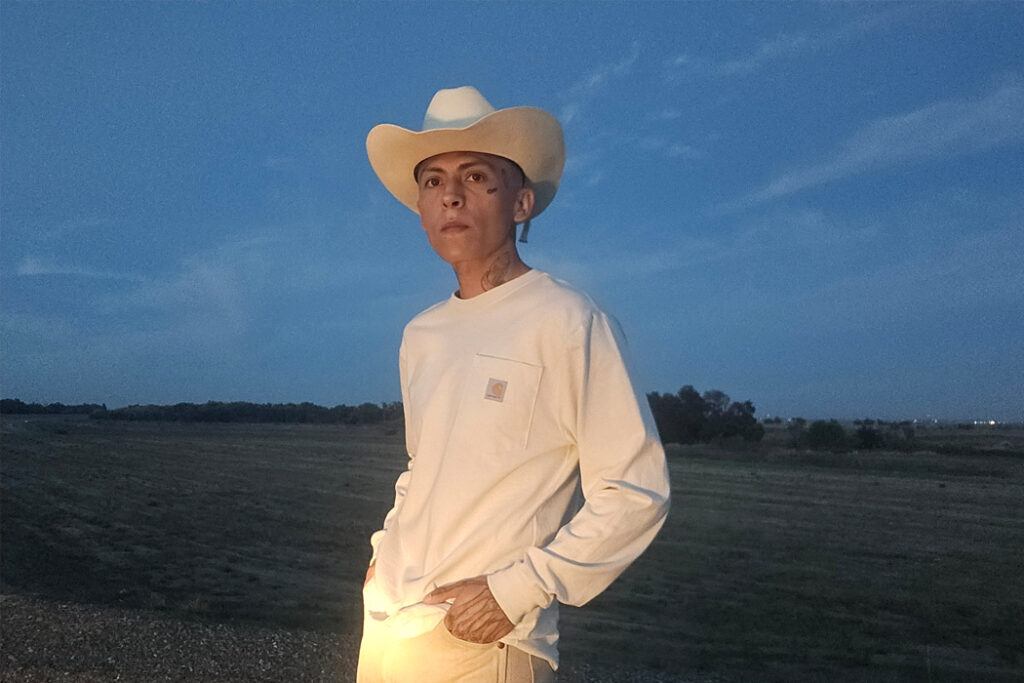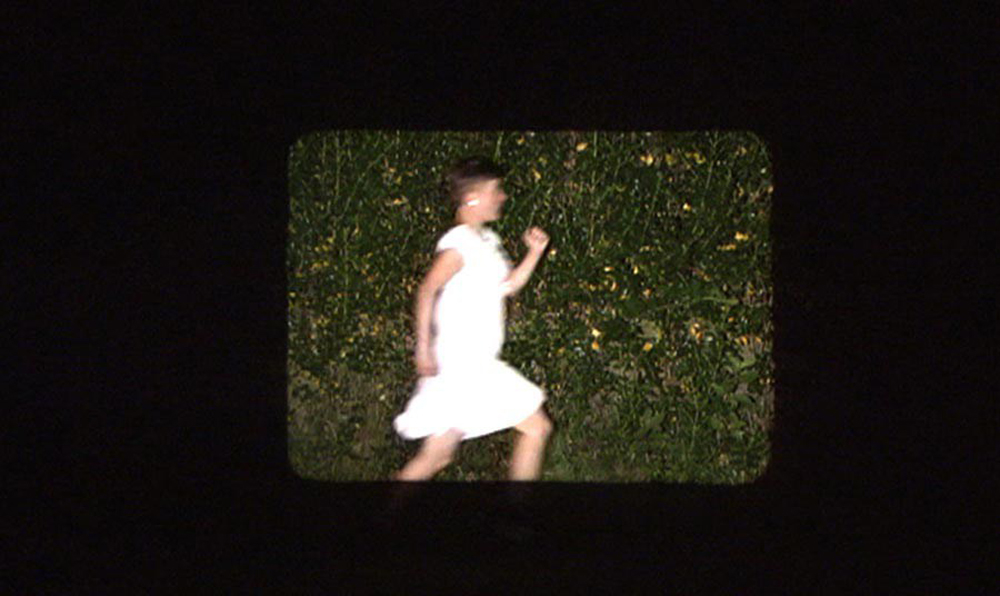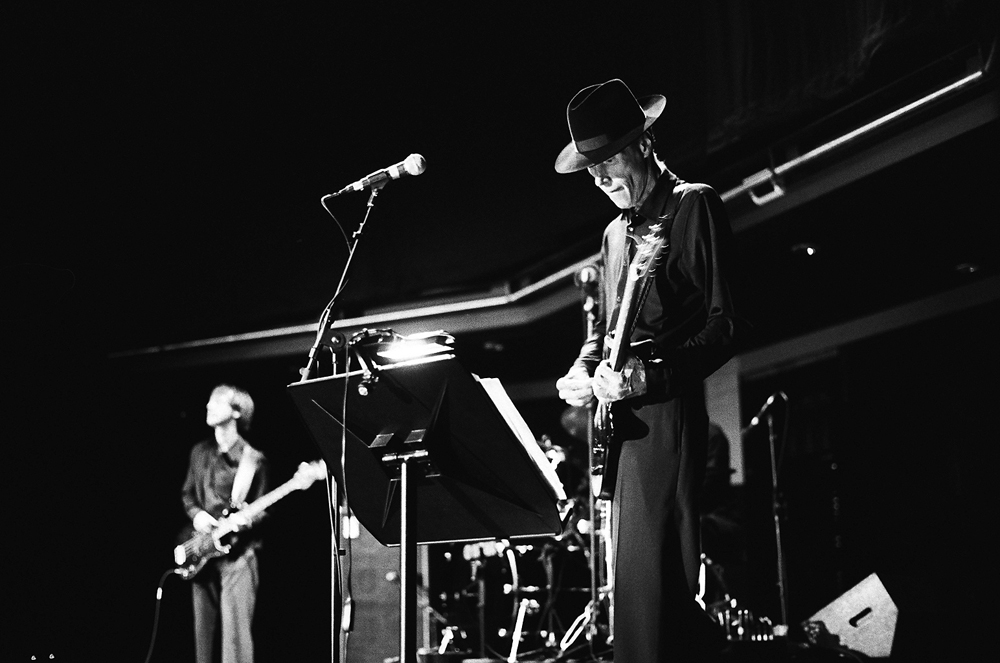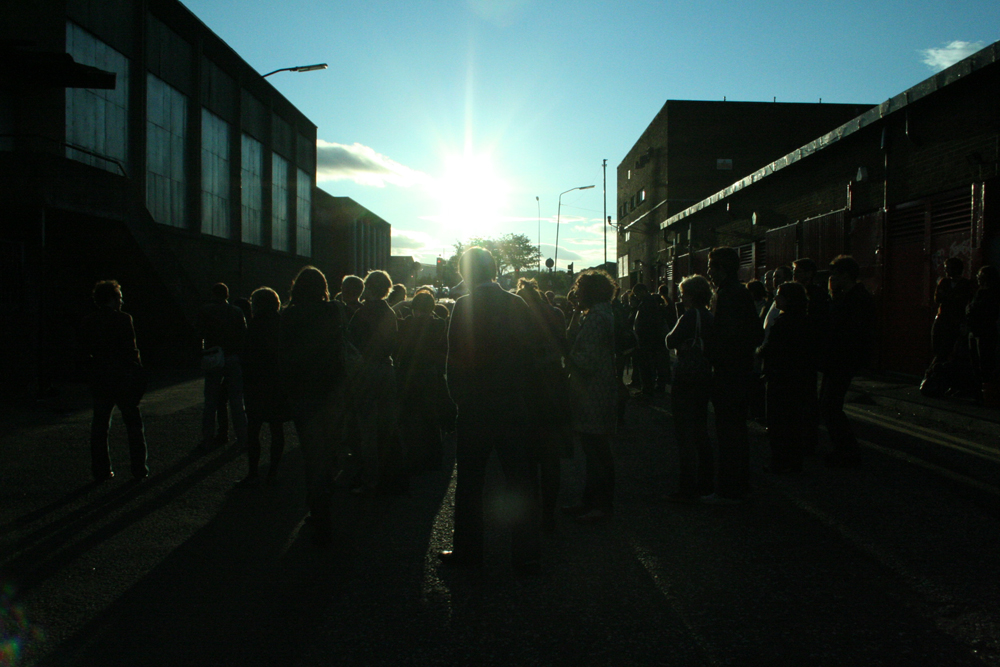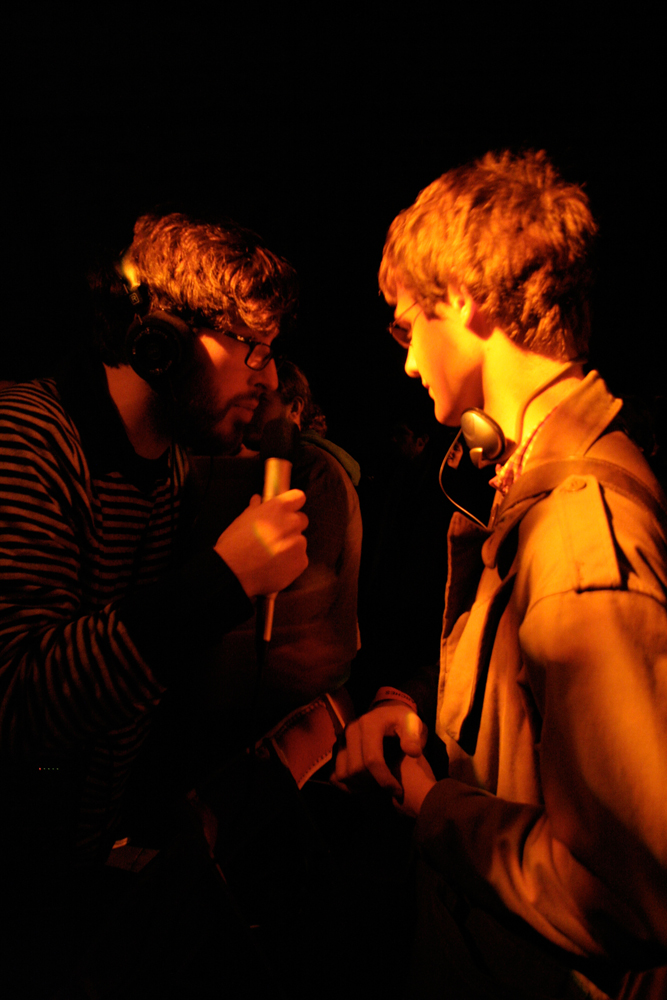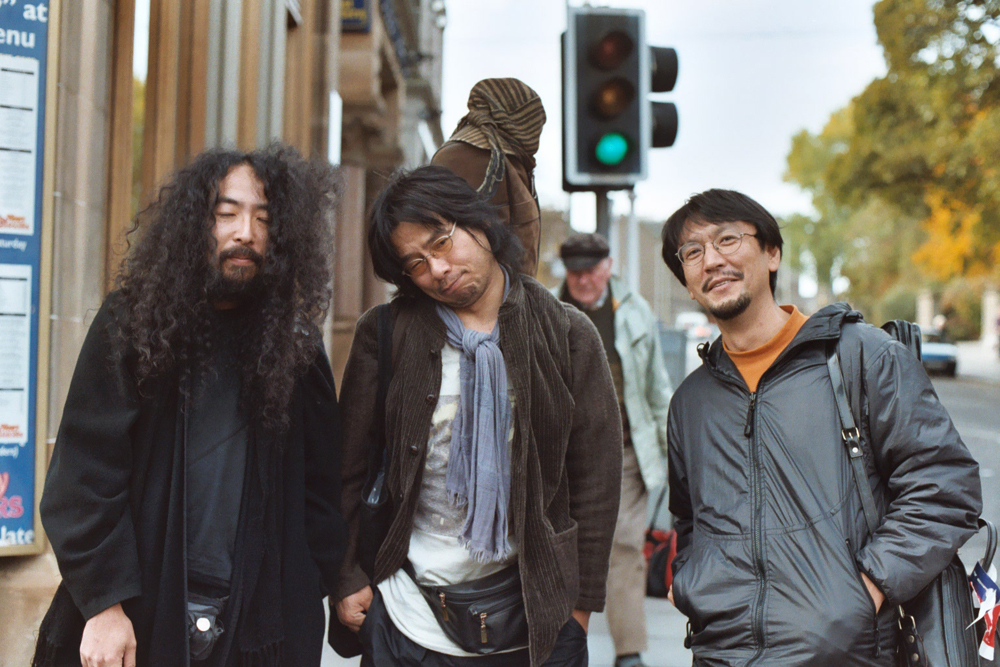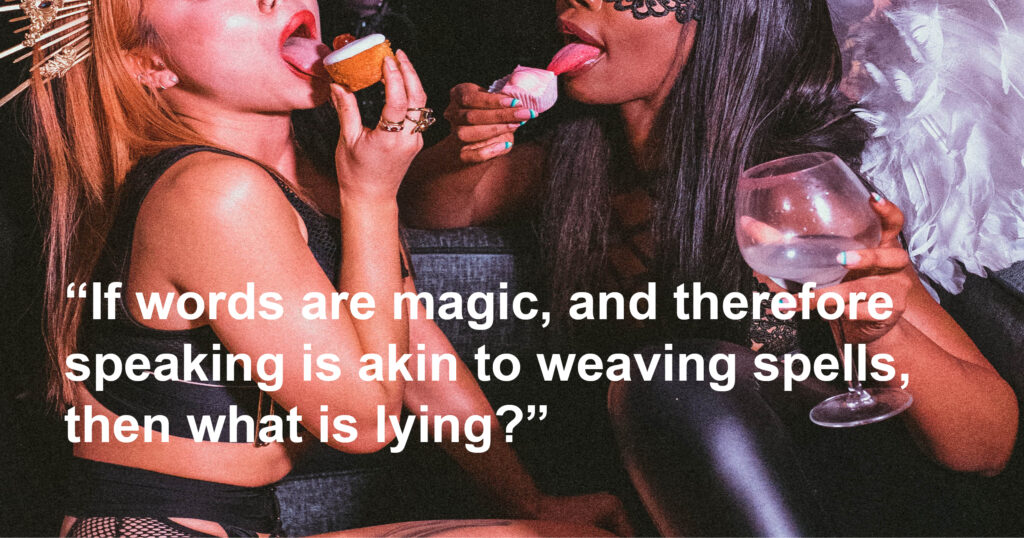
Self Cancellation – Palimpsest #1
Benedict Drew Chris Weaver John Butcher Mark Bain Michael Colligan Rhodri Davies Robin Hayward Sarah Washington John Bain Lee Patterson
Performance of a Sudoko based graphic score giving rise to a process of self cancellation.

